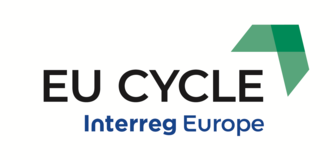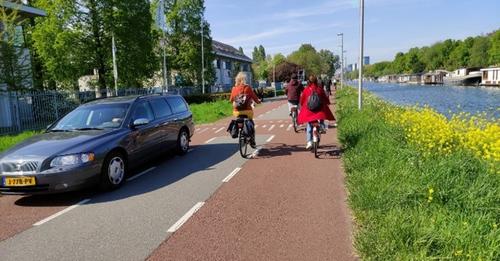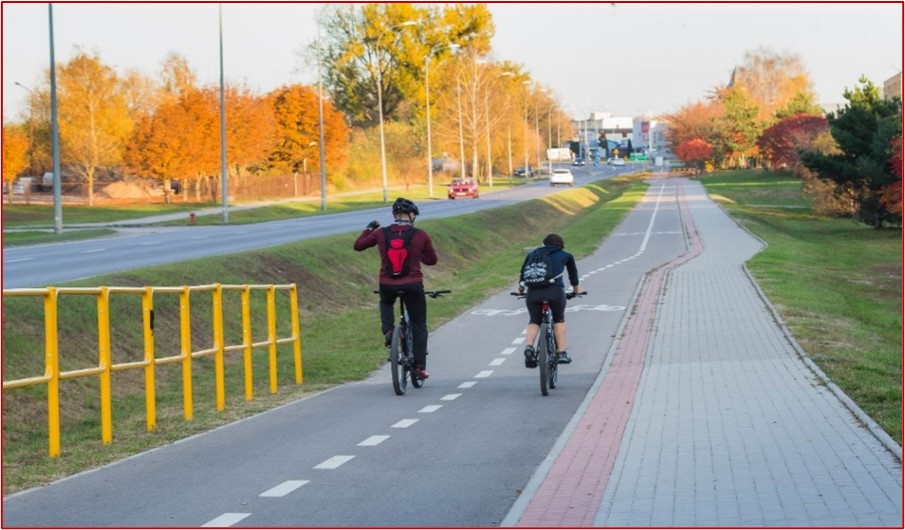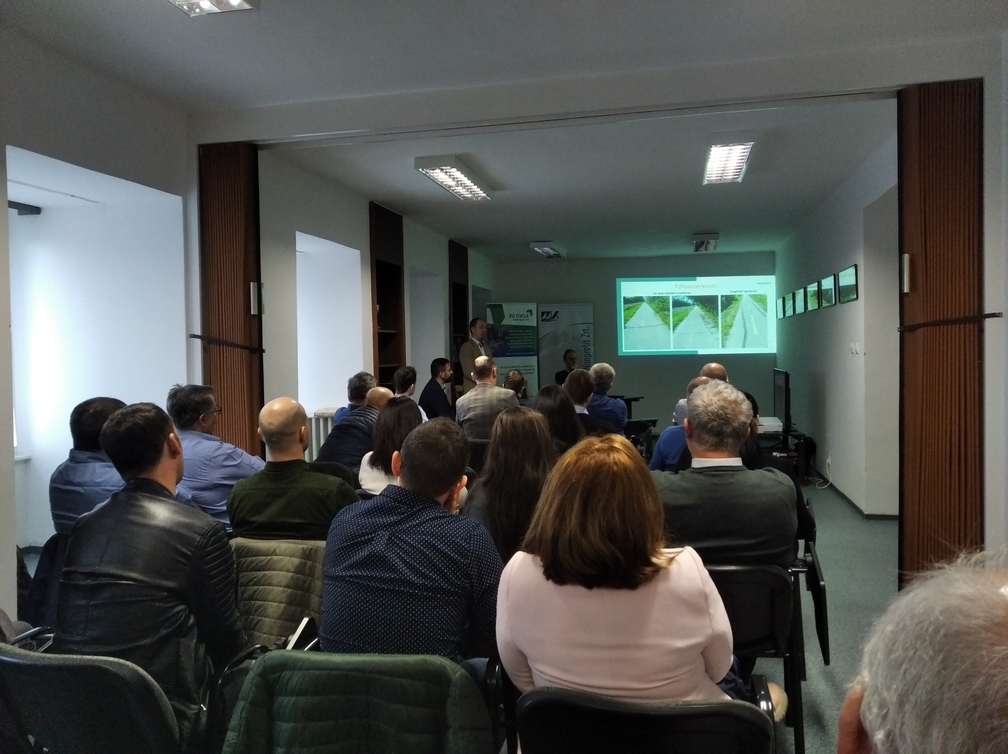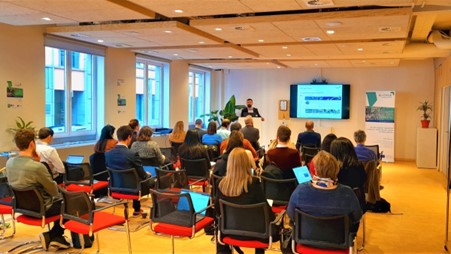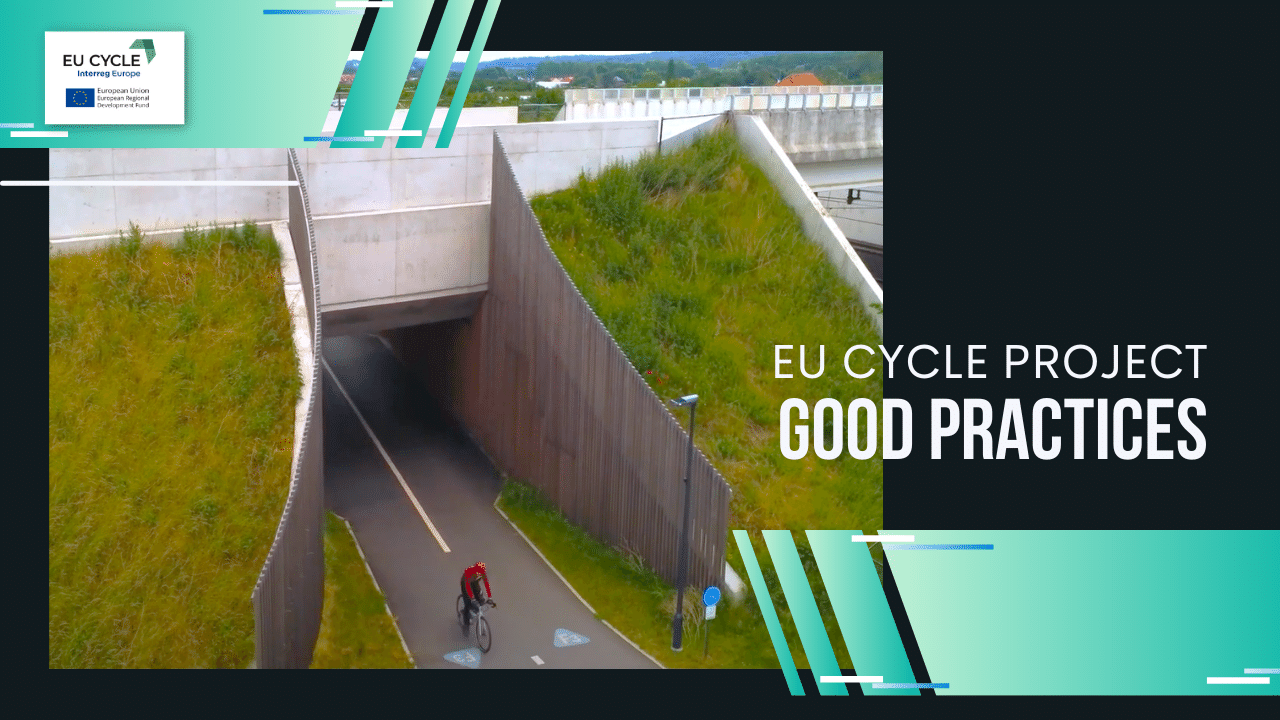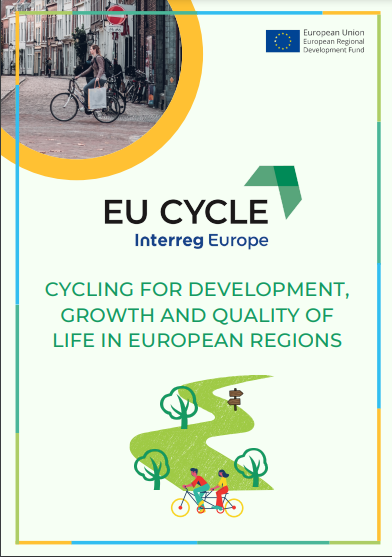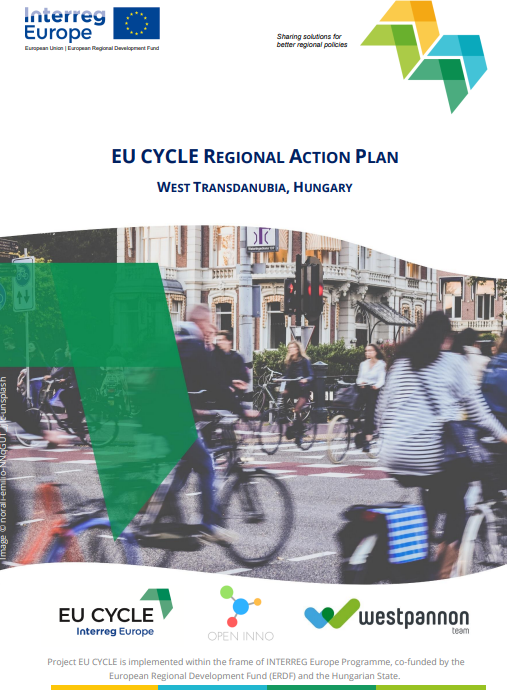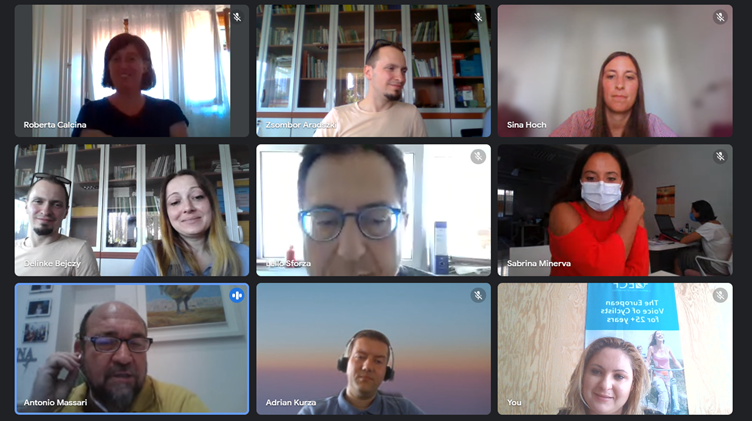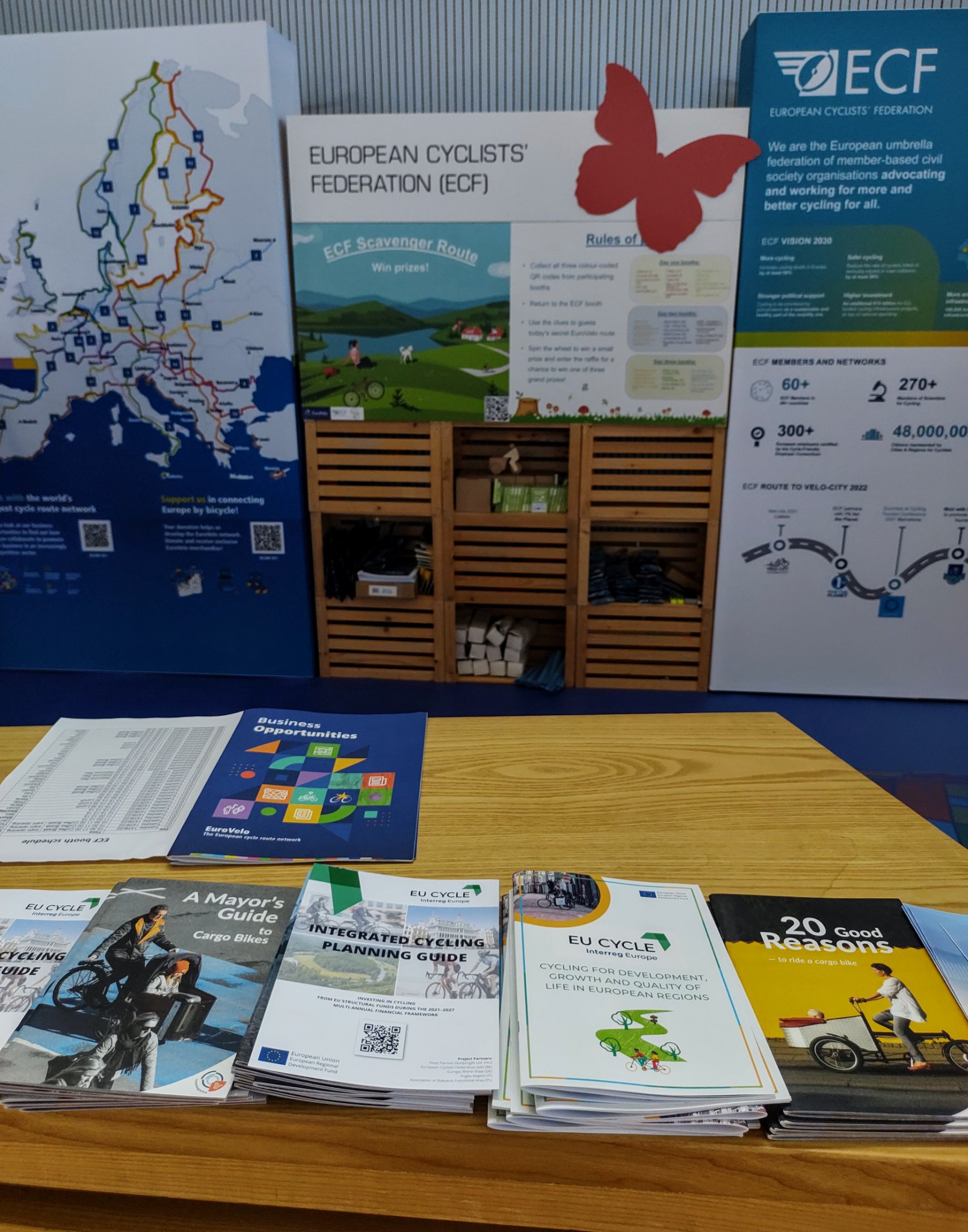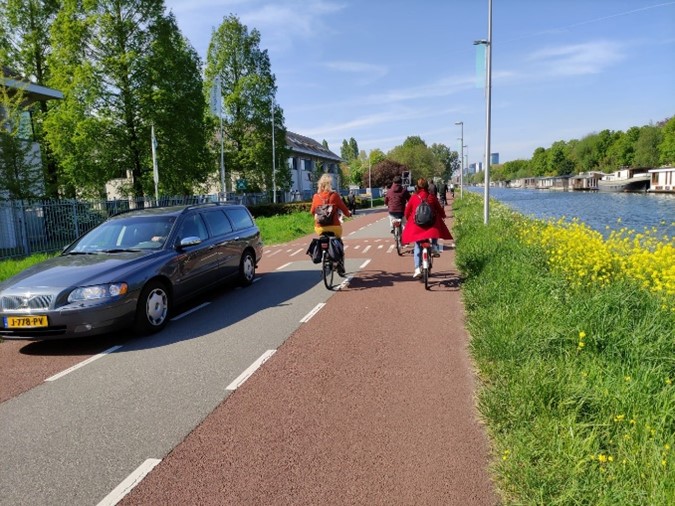EU CYCLE Action Plan implementation: Hungary overview
Taking into account the aim of improving the quality of cycling projects through enhancing the effectiveness of specific policy instruments, EU-funded operational programmes, and through a learning process between participating regions and regional action planning, the EU CYCLE project partner West Pannon Nonprofit Ltd. (HU) developed a Regional Action Plan that was designed primarily to have a positive impact on the calls for sustainable transport under the Territorial and Settlement Development Operational Programme Plus (TSDOP Plus) implemented during the 2021–2027 programming period.
The calls mainly provided opportunities for cycle-friendly improvements, including: making the road network of municipalities or parts of municipalities cycle-friendly by designating and constructing cycle facilities, the creation of cycle routes between settlements or between the centre of a settlement and a residential area outside the inner area, the creation of a cycle route between a workplace located outside the inner area and the town centre, and the construction and extension of a public bike-sharing system.
As a preparation for the new period, the call for proposals “TSDOP-1.5.1-20: Strategic and project-level preparation for the 2021–27 planning period" was launched under the TSDOP Plus, which, in addition to the preparation of spatial development concepts and programmes, provided the opportunity to prepare Integrated Territorial Programmes (ITPs), and – as the most relevant element in terms of EU CYCLE – to elaborate County Cycling Master Network Plans (CCMNPs).
The experience of the interregional learning process and the 2014–2020 programming period revealed that without adequate professional capacities at regional and local level, cycling development is less effective, the process is less smooth, and the development of networks of sufficient quality and density is not possible or is much slower. According to the work and exchange of experience with the Stakeholder Group, there is a strong need for professional support for beneficiaries, during the planning, preparation and during the implementation period of the project.
In the frame of the cooperation with the Stakeholder Group a couple of actions have emerged.
One of the actions was to support the regional cycle network planning process by incorporating the Integrated Cycling Planning Guide (ICPG) into the beneficiary support package.
The main objective of the action is to help beneficiaries to identify and choose the most appropriate technical solution for their area and municipality and to be able to “think in networks”, going beyond administrative borders. The implementation of the planned activities will thus contribute to the improvement of the management of the TSDOP Plus, thus to the efficient use of the resources for the development of cycling infrastructure, which is being implemented as a continuation of the TSDOP 2014–2020, in particular the resources allocated to the projects of the calls for proposals "TSDOP_Plus-1.2.1-21 Livable Settlements" and "TSDOP_Plus-1.3.2-21 Sustainable Urban Development".
As part of the action, the ICPG has been incorporated in the documents to be taken into consideration during project development process.
Furthermore, as the Managing Authority was satisfied with the quality of the document, as well as they consider the ICPG relevant for tourism network development projects, it is now also part of the call “TSDOP_Plus-1.1.3-21 Local and regional tourism development”.
The other action proposed by the Regional Action Plan was to develop a country-wide accessible professional workshop that can be integrated in the project development process for beneficiaries that already are selected for PI support and start working on detailed planning for the implementation of cycle-friendly developments. The content has been developed by the Hungarian Public Roads Nonprofit PLC:
1. Cycling traffic, elements of the cyclable road network
2. Regulation of the design of the cyclable road network – presentation of the amended Hungarian Road Design Standards (ÚME)
3. ’Cycling’ Transport Authority
4. Specific technical solutions – emerging and changing practices in the design of transport facilities for cycling
5. Economic impact of cycling (and hiking)
6. Operation - planning considerations for economical operation.
The first event has been organized in Szombathely, Hungary, on 19th of April 2023. More than fifty experts gathered to discuss cycling and the design and operation of cycling facilities, sometimes from very different perspectives. The success of the event is best summed up by the expert in charge of the designing the technical standards of cycling facilities: “whatever the form, whatever the funding, whatever the cost, this initiative must be pursued”.
The pictures from the event can be consulted here.
